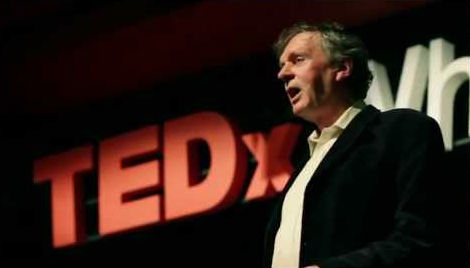“The difference between people with scientific beliefs and those with religious beliefs,” says prominent biochemist Rupert Sheldrake, “is that most religious believers are aware that their position is based on faith and that believers in other religions, or even different sects of the same religion, have different beliefs. People who put their faith in scientific materialism are often unaware that their beliefs are beliefs at all.”
In an interview in the current issue of Tricycle, “A Question of Faith,” Sheldrake examines the deeply held and often-unexamined assumptions inherited from 19th-century materialist ideology that underlie much scientific practice.
Sheldrake, a Harvard and Cambridge University-educated biochemist widely published in peer-reviewed scientific journals, including Nature, witnessed his recent TEDx talk banned by central TED management in an act that even leading New Atheist Daniel Dennett is said to have expressed disappointment with.
Continuing in the tradition of philosopher of science Thomas Kuhn, Sheldrake holds an optimistic view for the future of scientific inquiry, which has “continually liberated scientific thinking from unnecessary limitations.” “Scientific fundamentalism mirrors religious fundamentalism in distressingly many ways,” Sheldrake observes, “but there is no need for science to be fundamentalist any more than there is a need for religions to be fundamentalist.”





